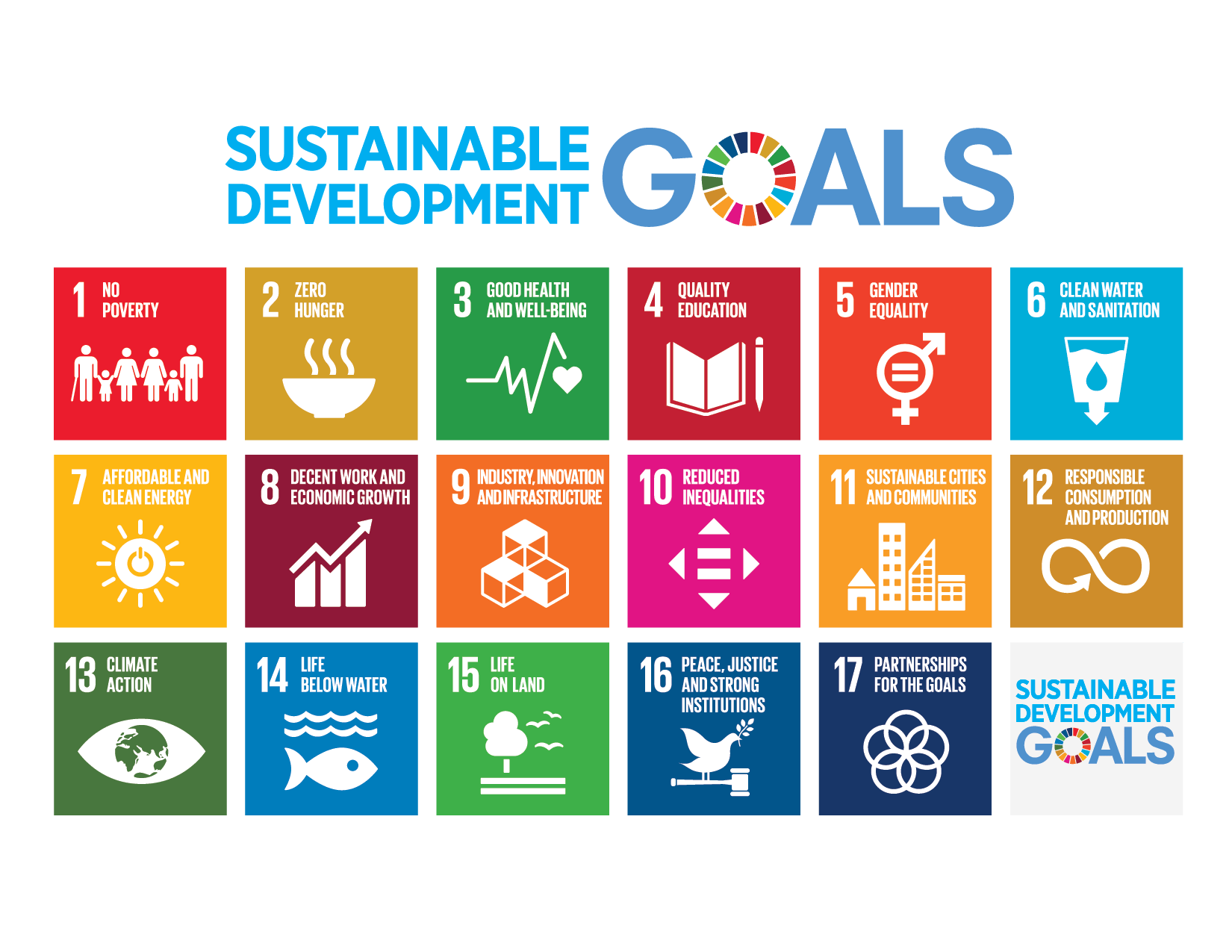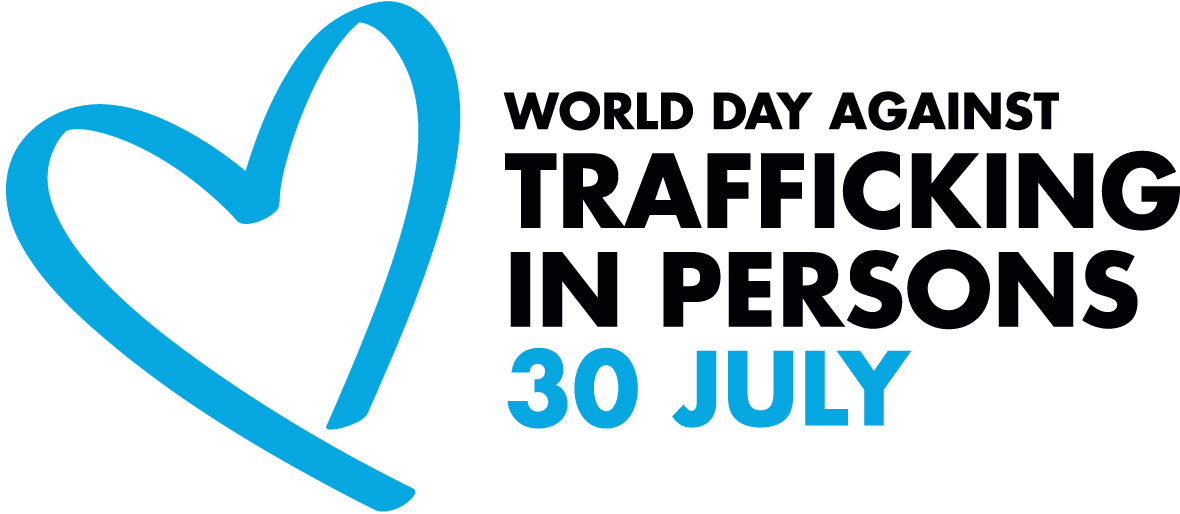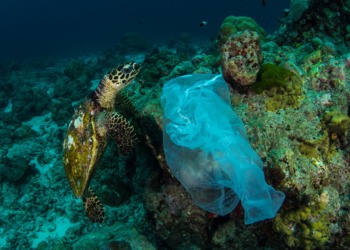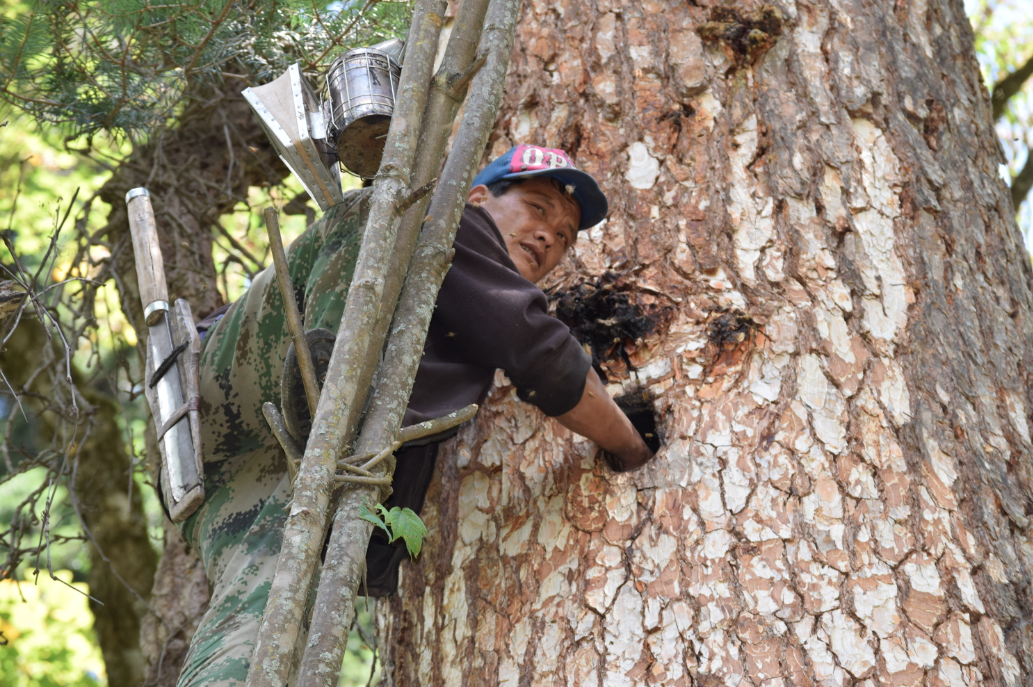Trafficking in persons is a serious crime and a critical violation of human rights. This terrible practice is an offence to the dignity and integrity of the human being and it´s defined as the recruitment, transportation, transfer, harbouring or receipt of persons, by means of the threat or use of force or other forms of coercion, of abduction, of fraud, of the abuse of power or of a position of vulnerability or of the giving or receiving of payments or benefits to achieve the consent and the control of a person over another one for the purpose of exploitation. There are three main types of human trafficking: trafficking for forced labour, trafficking for sexual exploitation and trafficking for the harvesting of tissue, cells and organs.
At present, trafficking in human beings remains widespread around the world (in countries of origin, transit or destination). This cruel crime frequently occurs during transit from less developed countries to more developed ones, when people can be vulnerable to trafficking by reason of poverty, violence, conflict or other conditions.
We currently face major migrant flows: displaced persons, refugees and asylum seekers are fleeing armed conflicts, instability and economic, political, social and environmental challenges. But it’s not easy to know the magnitude of the number of victims of trafficking in human beings because there is no methodologically sound available estimate.
http://www.youtube.com/watch?v=ruwXL1L-G5E
In line with the 2030 Agenda for Sustainable Development, human rights must be central in all approaches when developing the global compact for migrants, displaced, refugee and asylum seekers and the policies concerning to them.
Leveraging the Sustainable Development Goals is essential to end and prevent human trafficking, with a special consideration to women and children who make up 79 percent of trafficking victims, with sexual exploitation and labour as major drivers. In this regard, the vulnerability of unaccompanied minors is particularly heartbreaking due to their lack of protection.
Moreover, to combat human trafficking, this crime must be examined in a multidisciplinary and comprehensive way and multi-stakeholders must build global partnerships to develop coordinated and multilateral solutions and better sharing of data and evidence.
Some SDGs are especially remarkable in addressing human trafficking:
SDG 5: Achieve gender equality and empower all women and girls.
Target:
5.2. Eliminate all forms of violence against all women and girls in the public and private spheres, including trafficking and sexual and other types of exploitation
Indicators:
5.2.1. Proportion of ever-partnered women and girls aged 15 years and older subjected to physical, sexual or psychological violence by a current or former intimate partner in the previous 12 months, by form of violence and by age.
5.2.2. Proportion of women and girls aged 15 years and older subjected to sexual violence by persons other than an intimate partner in the previous 12 months, by age and place of occurrence.
SDG 8: Promote sustained, inclusive and sustainable economic growth, full and productive employment and decent work for all.
Target:
8.7. Take immediate and effective measures to eradicate forced labour, end modern slavery and human trafficking and secure the prohibition and elimination of the worst forms of child labour, including recruitment and use of child soldiers, and by 2025 end child labour in all its forms.
Indicators:
8.7.1. Proportion and number of children aged 5 to 17 years engaged in child labour, by sex and age.
SDG 16: Promote peaceful and inclusive societies for sustainable development, provide access to justice for all and build effective, accountable and inclusive institutions at all levels.
Target:
16.2. End abuse, exploitation, trafficking and all forms of violence against and torture of children.
Indicators:
16.2.1. Proportion of children aged 1 to 17 years who experienced any physical punishment and/or psychological aggression by caregivers in the past month.
16.2.2. Number of victims of human trafficking per 100,000 population, by sex, age and form of exploitation.
16.2.3. Proportion of young women and men aged 18 to 29 years who experienced sexual violence by age 18.
Photo Credit: Sustainable Development Goals
This is especially important because of the links between conflicts, trafficking and migrant smuggling (the last one is a crime involving procurement for financial or other benefit of illegal entry of a person into a State of which that person is not a national or resident. It’s a different crime from trafficking in human beings, although the differences between them are difficult to identify. Migrant smuggling costs thousands of people their lives every year). Trafficking in human beings has become a global multi-billion-dollar criminal enterprise, affecting almost every country around the world.
Criminal groups take advantage of conflicts and insecurity. Instability and violence are breeding grounds for crimininal activity: people fleeing their homes and countries to more secure places fall prey to human traffickers, their vulnerability increases exponentially during conflicts.
In this sense, the United Nations Office on Drugs and Crime (UNODC) Global Report on Trafficking in Persons explains that since the beginning of the Syrian crisis an increasing number of countries in Europe, Asia and the Middle East have detected trafficking victims from this country.
Another deeply worrying reality is the situation of 700,000 migrants currently in Libya, a major transit country for those trying to reach Europe. Migrants in Libya are at high risk of serious violations of their human rights, such as slavery, forced labour, trafficking, arbitrary and indefinite detention, exploitation and extortion, rape, torture and even being killed. Those people must be protected in accordance with international human rights laws and standards.
The lack of reliable migration data is recognised as an obstacle to understanding migration and developing an evidence-based policy (their absolute number reached an all-time high in 2015 with an estimated number of 244 million people). The UN Refugee Agency states that as of 30 June 2017, an unprecedented 65.6 million people around the world have been forced to leave their home. Among them are nearly 22.5 million refugees, over half of whom are under the age of 18.
Trafficking in persons is becoming more and more organised: professional networks are being built that trascend borders and regions, expanding the geographical scope of their activities to explore new markets. Consequently, human trafficking and migrant smuggling must be vigorously combatted through coordinated responses across and between regions.
The entire international community and civil society must be at the front line of the fighting against this shameful crime advocating, cooperating under international law, ensuring the commitment of the States, acting on the ground, protecting the victims and prosecuting criminals to eradicate impunity and ensure justice.

Photo Credit: World Day against Trafficking in Persons
UNODC is a key international organization offering practical collaboration to States to fight against trafficking in human beings. UNODC helps them to draft laws and to create comprehensive national anti-trafficking strategies. UNODC monitors compliance with the Organized Crime Convention and its Protocols on Trafficking in Persons and Smuggling of Migrants and plays a leading role in strengthening and coordinating the criminal justice response to both human trafficking and smuggling of migrants through its Global Programme against Trafficking in Persons.
Furthermore, States receive from UNODC specialized assistance and resources, including the development of local capacity and expertise and practical tools to support cross-border cooperation in investigations and prosecutions.
The United Nations Convention against Transnational Organized Crime, adopted by General Assembly resolution 55/25 of 15 November 2000, is a key international instrument in the fight against transnational organized crime that entered into force on 29 September 2003. The Convention and its three Protocols target specific areas of organised crime: the Protocol to Prevent, Suppress and Punish Trafficking in Persons, especially Women and Children; the Protocol against the Smuggling of Migrants by Land, Sea and Air; and the Protocol against the Illicit Manufacturing of and Trafficking in Firearms, their Parts and Components and Ammunition.
This instrument is considered a landmark in international efforts to stop human trafficking. A large majority of States have ratified the Convention, but work is yet to be done: very few criminals have been convicted, while the majority of victims are never even identified.
Another prominent international initiative in the field of combating trafficking in human beings is the Council of Europe Convention on Action against Trafficking in Human Beings, adopted by the Committee of Ministers of the Council of Europe in 2005 and entered into force in 2008.
The Convention was designed from a human rights perspective and focuses on victim protection. It accounts for all forms of trafficking and indicates two monitoring mechanisms: the Group of Experts on Action against Trafficking in Human Beings (GRETA) and the Committee of the Parties.
To conclude, trafficking in human beings must be at the centre of the international community agenda priorities to find urgent solutions to eradicate it. Victims must be protected and impunity must end. A global sustainable development won’t be possible until all the cruel and atrocious forms of violation of human rights disappear around the world.










